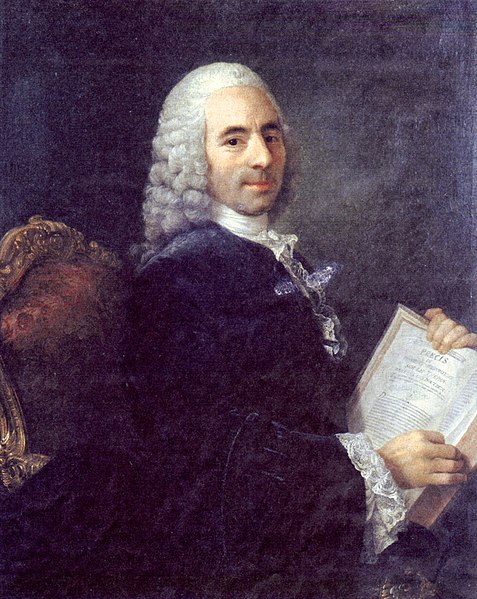François Quesnay was a French economist and physician of the Physiocratic school. He is known for publishing the "Tableau économique" in 1758, which provided the foundations of the ideas of the Physiocrats. This was perhaps the first work attempting to describe the workings of the economy in an analytical way, and as such can be viewed as one of the first important contributions to economic thought. His Le Despotisme de la Chine, written in 1767, describes Chinese politics and society, and his own political support for enlightened despotism.
François Quesnay
Tableau économique
Tableau economique, 1965
Physiocracy is an economic theory developed by a group of 18th-century Age of Enlightenment French economists who believed that the wealth of nations derived solely from the value of "land agriculture" or "land development" and that agricultural products should be highly priced. Their theories originated in France and were most popular during the second half of the 18th century. Physiocracy became one of the first well-developed theories of economics.
François Quesnay, a physician who is considered the founding father of physiocracy, published the "Tableau économique" (Economic Table) in 1758
Pierre Samuel du Pont de Nemours, a prominent physiocrat. In his book La Physiocratie, du Pont advocated low tariffs and free trade.





